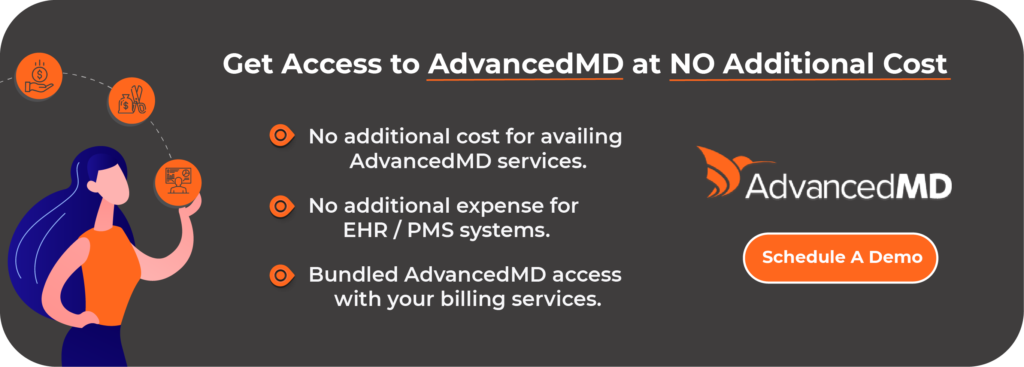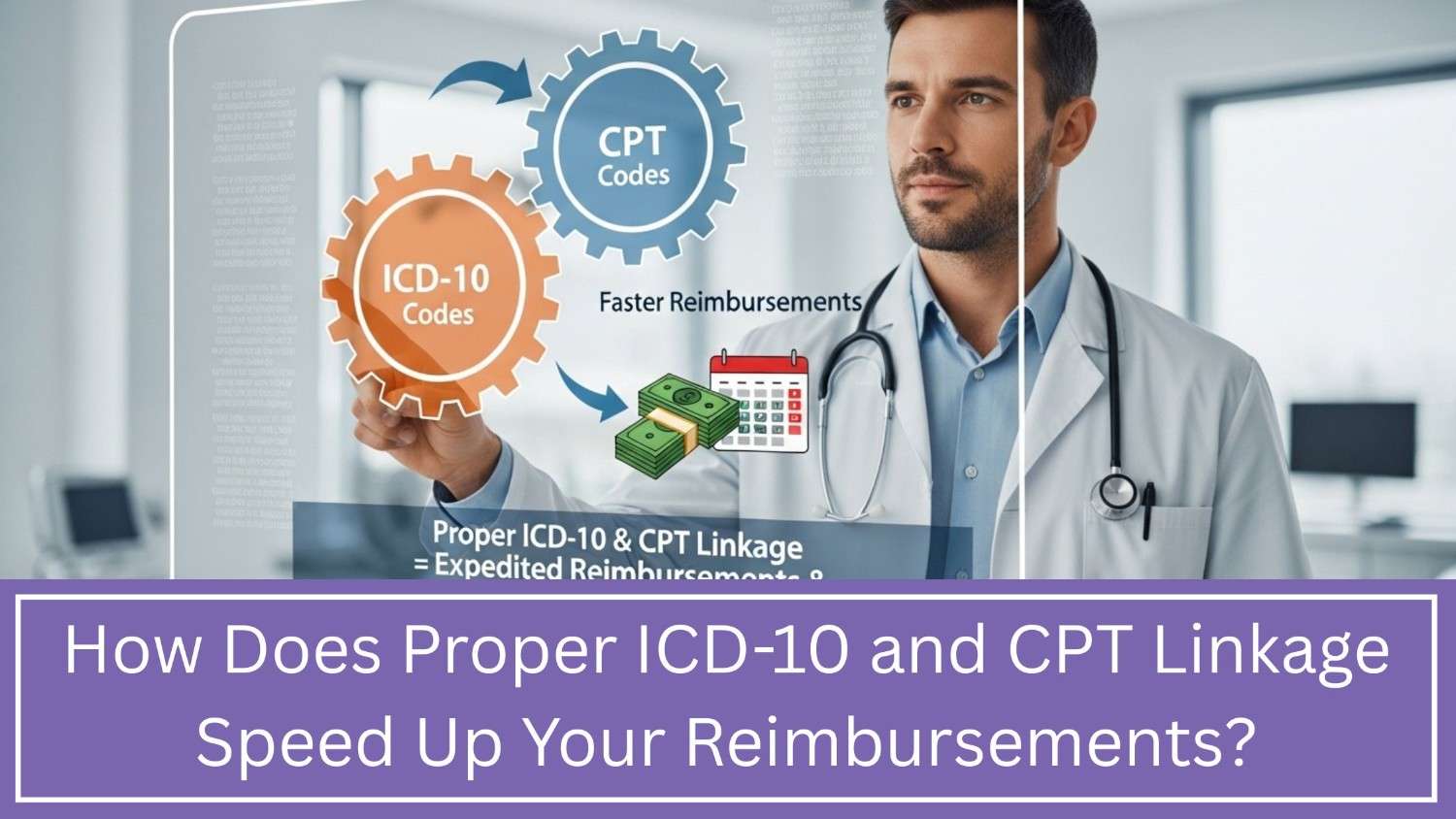7 Best Approaches for RCM in Medical Billing
The medical industry is distinct from other industries in that it involves many complicated operations that range from scheduling patient appointments to patient care. For instance, a food service provider receives payment for each order delivered. Similarly a doctor must be paid for each service provided. However, if some services are not monitored or accounted for using a robust healthcare software development platform, the physician may not get paid for all of his or her time spent in patient care. This is where Revenue Cycle Management (RCM) services in medical billing come handy.
Without RCM, proper revenue stream cannot be achieved and the clinic will not be able to thrive and develop. Obtaining RCM services in healthcare management makes it easier to meet the required healthcare standards. Practolytics’ Healthcare RCM Services are customizable to your specific clinical requirements and thus help you concentrate on patient care.
Table of Contents
The Significance of the RCM Cycle in Medical Billing
The process of RCM begins when the patients schedule appointments with the provider. The patient is added to the system, and all the relevant data is saved in the electronic health records. The patient’s coverage and eligibility is then verified from the insurance information provided by the patient to ensure the provider is at par with the patient’s insurance and would be paid for the services rendered. The patient visits the provider and the services provided are recorded in the electronic health record, which is then coded and billed to the insurance. We at Practolytics use RCM to record and streamline the reimbursement.
Way to approach RCM in Medical Billing
Physicians are gradually embracing healthcare automation practices, whether for virtual care or integrated care. In such scenarios, health providers must incorporate the best ways for increasing revenue via an adept RCM solution.
We have compiled a list of the top 7 techniques for revenue cycle management to assist you in achieving high ROI (Return On Investment) returns.
Establish Patient-Centricity
Medical practices must use revenue cycle solutions to increase their income and improve healthcare administration. Staff should work proactively to enhance patient participation in order to foster trust and positive patient outcomes. Health professionals must provide patients with an oral and written explanation of their financial responsibility, payment options, and expectations from their visit as part of RCM.
The doctor’s efforts and time should be focused on patients rather than the quest to make more revenue. Patients may find the revenue cycle management process in medical billing confusing, complex, and challenging. Medical practitioners can address these issues and urge patients to use RCM systems for online payment and billing.
Implement Interoperable Systems
Interoperability is a necessary component of RCM software. It secures the transfer of patients’ medical information across multitude of healthcare networks that are involved in patient care. Interoperability in RCM solutions promotes interconnection and streamlines workflow among diverse healthcare providers. To streamline billing administration and maintain HIPAA compliance, interoperable medical billing solutions offer electronic data exchange and healthcare analytics across numerous systems and devices.
Knowing Patients’ Balances
While implementing RCM management in medical billing, it is vital to be aware of patients’ balance payments. Any outstanding payments must be handled promptly using medical billing solutions. The ideal method to accomplish this with RCM in healthcare is to collect patient balances during hospital check-in and check-out. Payment from patients is expected to go down as they leave the clinic and will continue to fall with each passing day. RCM in healthcare allows tracking of patient balances and assisting healthcare providers in receiving timely reimbursements.
Make Insurance Verification Automatic
Verifying insurance coverage at patient registration is a critical step in implementing RCM into clinical practices. With RCM, an increasing number of insurance companies impose strict requirements for prior authorization and coverage eligibility. The use of RCM to automate insurance verification can streamline clinical operations, speed up reimbursement, and reduce administrative staff workload. Automating insurance verification in medical billing with RCM can also help to avoid claim denials.
Adopt Compliance Standards
Healthcare systems must adhere to all compliance regulations such as HIPAA when providing healthcare services, whether virtual or in-person. HIPAA regulations require all healthcare providers to submit claims electronically using an approved format in order to manage the revenue cycle in medical billing. Paperwork for record-keeping can lead to mistakes and fall short of the precision required by HIPAA. By following HIPAA standards, healthcare workers can preserve the privacy, security, and confidentiality of the medical records of the patients. At Practolytics, our RCM services promote HIPAA compliance as well as the accurate filing of medical records.
Submit Claims On Time
One of the most common mistakes made by healthcare professionals is failing to file claims on time and missing deadlines. Depending on the payor, the timeline to file a claim varies from 3 months to 1 year from the date of healthcare service. Missing to submit the claim within the timeframe leads to revenue loss. In such circumstances, the healthcare professionals would not be able to get reimbursed for their clinical services. We know you don’t want this to happen, which is why Practolytics ensures that the claims are filed within the timely filing limits.
Resolve Claim Rejections/Denials
Claims can be rejected or denied by the insurance companies due to a variety of reasons, including coding errors, duplicate claims, lack of information on the claim, missing claim filing deadlines, etc. A powerful RCM software can assist you in analyzing each claim and addressing the issues to ensure the claims are not rejected or denied. The RCM services in medical billing can help identify patterns and mistakes, allowing you to overcome the roadblocks by implementing corrective measures, educating the healthcare team, and avoid claim rejections or denials.
Final Thoughts
Investing in RCM for medical billing may be a long-term plan for managing billing and claims. Practolytics has partnered with AdvancedMD, the best PMS (Practice Management Software) that can assist your practice to adapt new innovations in the Revenue Cycle Management process. It will ensure that your healthcare facility operates seamlessly. Practolytics can create RCM solutions that are tailored to your practice needs and can assist you in meeting your medical billing targets.
Please feel free to contact Practolytics right now to learn more about our RCM process and how we may assist your practice.
ALSO READ – Challenges Faced by Specialty Healthcare Facilities While Optimizing RCM
Talk to Medical Billing Expert Today — Get a Free Demo Now!






